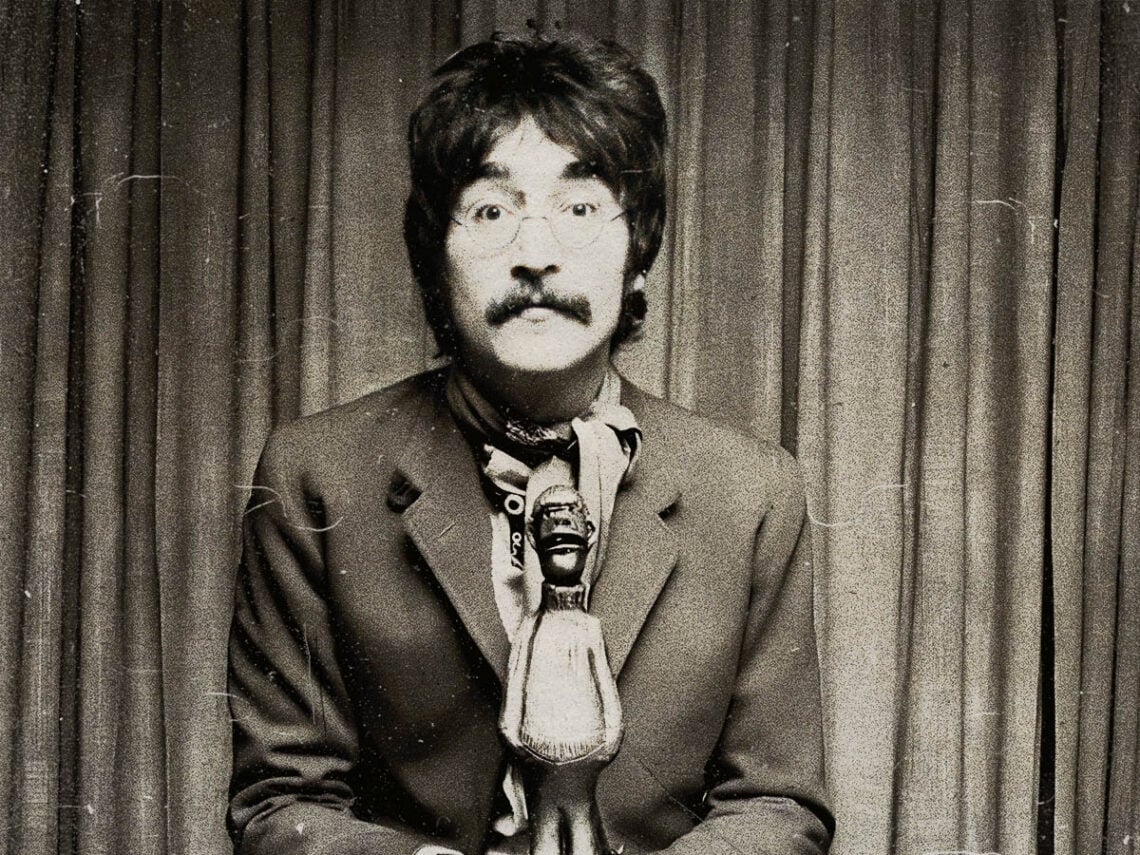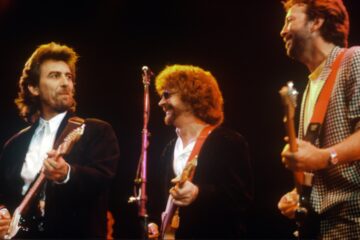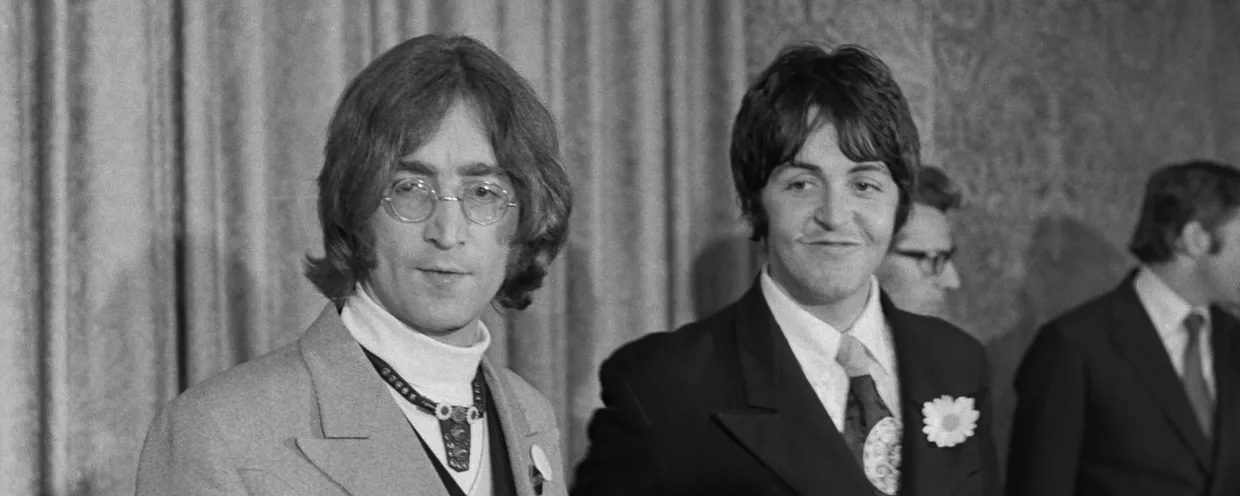It’s not too far a reach to posit that The Beatles were among the most important proto-punk bands. Of course, the gene is more potent when traced back to The Stooges or The Velvet Underground, but such bands didn’t gallop through the late 1960s wearing blinkers. Paul McCartney’s stomping White Album track ‘Helter Skelter’ is frequently cited as an early source of heavier music genres, but John Lennon likely had a broader impact in this field.
Besides his heavier, more provocative work in songs like ‘Yer Blues’, ‘Revolution’ and ‘Mother’, Lennon’s personality was a blueprint for the quintessential punk. Granted, the late Beatle didn’t deepthroat his mic or slash his chest open like Iggy Pop, but his hedonistic tendencies and bohemian, anti-establishment outlook certainly fit the bill.
Notably, Lennon was responsible for causing The Beatles’ first overseas controversy in 1966 when he told British journalist Maureen Cleave, “We’re more popular than Jesus now. I don’t know which will go first—rock ‘n’ roll or Christianity.” A little part of Lennon knew such a statement would stir up a PR storm, but a lot of him didn’t care.
As the Keith Richards to McCartney’s Mick Jagger, Lennon was sceptical of the British Royal Family, a trait that would later epitomise the British punks thanks to the Sex Pistols. In 1965, Queen Elizabeth II, who was partial to The Beatles’ early work, honoured the band with MBEs.
The four members visited Buckingham Palace to collect their awards on October 26th. Lennon had been hesitant but attended to manager Brian Epstein’s insistence. “Although we didn’t believe in the Royal Family, you can’t help being impressed when you’re in the palace when you know you’re standing in front of the Queen,” Lennon said in The Beatles: Anthology. “It was like in a dream. It was beautiful. People were playing music, I was looking at the ceiling – not bad the ceiling. It was historical. It was like being in a museum.”
On November 25th, 1969, Lennon returned his MBE to the palace without consulting his bandmates. In a note, he explained that it was an act of protest against the ongoing American war in Vietnam and Britain’s involvement in the conflict in Biafra.
“Your Majesty, I am returning my MBE as a protest against Britain’s involvement in the Nigeria-Biafra thing, against our support of America in Vietnam and against [my recent single] ‘Cold Turkey’ slipping down the charts,” he wrote. “With love. John Lennon of Bag.”
Speaking to George Stroumboulopoulos on his Apple Music Hits show, Sean Ono Lennon reflected on his father’s actions. “Famously, the single didn’t do well and he hilariously wrote that letter to the Queen of England returning his MBE,” Sean said. “It was a big deal to return the Member of the British Empire thingamajig that he was given. To the Queen, that was very irreverent.”
“I mean, it was pre-punk rock irreverent, and frankly, maybe more punk than anything the punks did, really,” he added. “And he does it in such a funny way. That’s what I love.”
Although John Lydon wouldn’t deign to admit it, at the height of the Sex Pistols’ popularity, The Beatles had a crucial impact on the band, directly and indirectly. At the time, co-founding bassist Glen Matlock was the most embracing of the Fab Four’s impact on the band. “John Lennon’s vocal on ‘Twist and Shout’ is fantastic,” Matlock said in a 2021 interview with the Big Issue. “It’s a real slice of rock and roll. I heard it, and I thought I’d immediately start the Sex Pistols…”
In a return of praise, Lennon once compared Sex Pistols to The Beatles before they became world famous. “To me, initially on impact, seeing all that stuff was like, ‘Oh, that’s how we used to behave at the Cavern [Club] before Brian [Epstein] told us to stop throwing up and sleeping on stage and swearing,’” he said in a 1980 radio interview. “In Hamburg, I used to sleep on stage, we used to eat on stage, we used to swear on stage, we were absolutely au naturale.”



